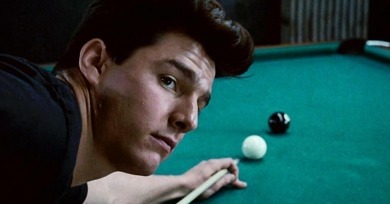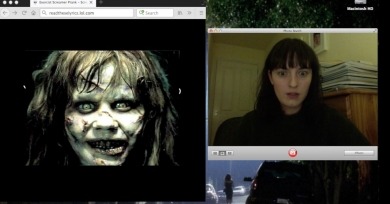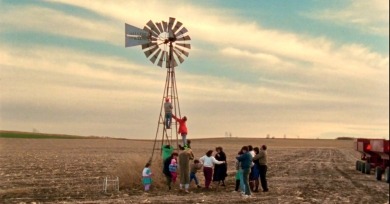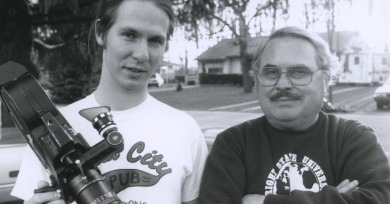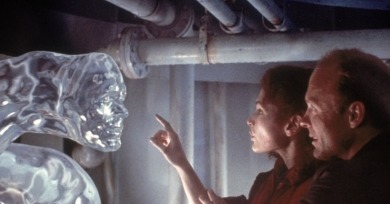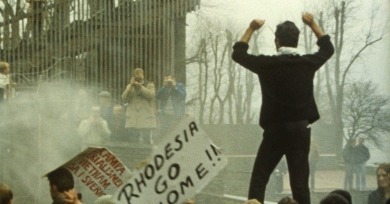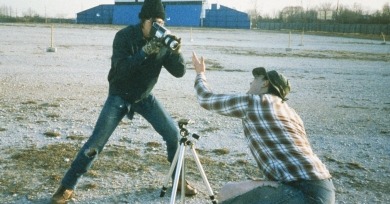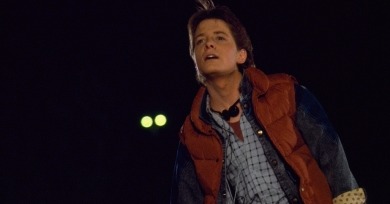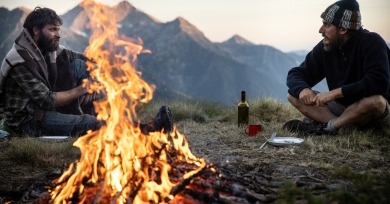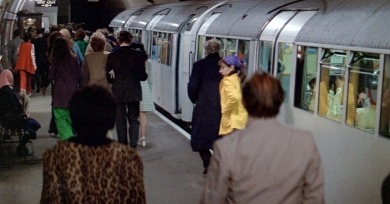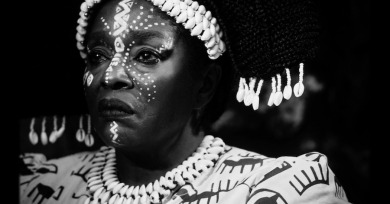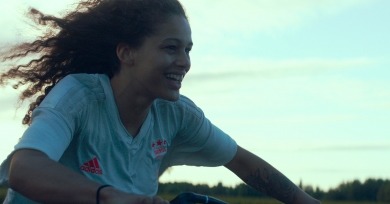At the Museum
Goings-on at Museum of the Moving Image
The current myth and meme-ification of Tom Cruise leaves out many of the specifics of the actor’s versatile and daring career.
The rise of affordable filmmaking tools, the internet, smartphones, and social media platforms have led to many words written in the 21st century about the broadening power to create and distribute cinema. In parallel, there has been a related but less-discussed rise in the essay film.
Troublesome Creek: A Midwestern won the Grand Jury Prize and Audience Award at the 1996 Sundance Film Festival. The story of the Jordan family being forced by harsh economic realities to give up the farm they''d worked for decades is a poignant and beautiful epic in miniature.
Everything in documentary filmmaking is an ethical question. Every placement of the camera. Every question you ask or don't ask is an ethical choice. But the hardest choices are made in the cutting room because that's when you really are saying, this will be seen by the world.
These are films about transients and transience, punctuated by soft dissolves and ellipses; sometimes people fade out of the frame like smoke, or vanish and reappear further away. Shimizu’s formalism and his humanism go hand in hand.
The technical bombast retains its power, but the extended cut is concerned with more emotional matters. In the early, banal behavior of the working-stiff crew, in their interactions and the unsaid meanings behind innocuous utterances and the contradictory, incongruous interactions of lapsed lovers, there is authenticity.
Roy Andersson's film captures the planning, action, and aftermath of a mass protest against a planned Davis Cup tennis match in Sweden against Rhodesia. It is a vivid record of 1960s political protest and of a wealthy European nation’s racism.
Released in 1999, a year now fetishized as the last great flowering of the domestic cinema, American Movie encapsulates the shaggy, aspirational optimism of a quashed era, and one worthy of romantic remembrance.
Fox remains underappreciated, even though his name is universally known. Fox is perhaps the sitcom performer who most successfully translated his innocent ebullience and endearing kineticism from television to film.
The film has a knack for unexpected turns, avoiding the obvious in favor of sly emotional crescendos. The Eight Mountains takes care to do just enough dramatic sculpting to make sure its emotional inflection points resonate.
Paying attention to minor characters constitutes not just an act of care for them but a whole difference in epistemology. This insight is core to Jill, Uncredited, a 17-minute short directed by Anthony Ing that splices together scenes of 78 films featuring background actor Jill Goldston from her half-century-long career.
Does folklore come to us or react to what we give it? Mami Wata, C.J. “Fiery” Obasi’s third feature and the first by a Nigerian filmmaker to premiere at Sundance, is principally concerned with the meaning and scope of the stories we pass to each other.
The River Is Not a Border retraces the events of 1989 with an attentive but unobtrusive hand. Diago casts his participants not just as subjects but as storytellers, resulting in a film guided more by memory and feeling than historical fact or cinematic flair.
When Julia is alone and physically grounded on the Earth rather than speeding down the highway, Quivoron examines her queer performance. Rodeo is at its most mesmerizing when Julia’s hair isn’t whipping in the wind.
